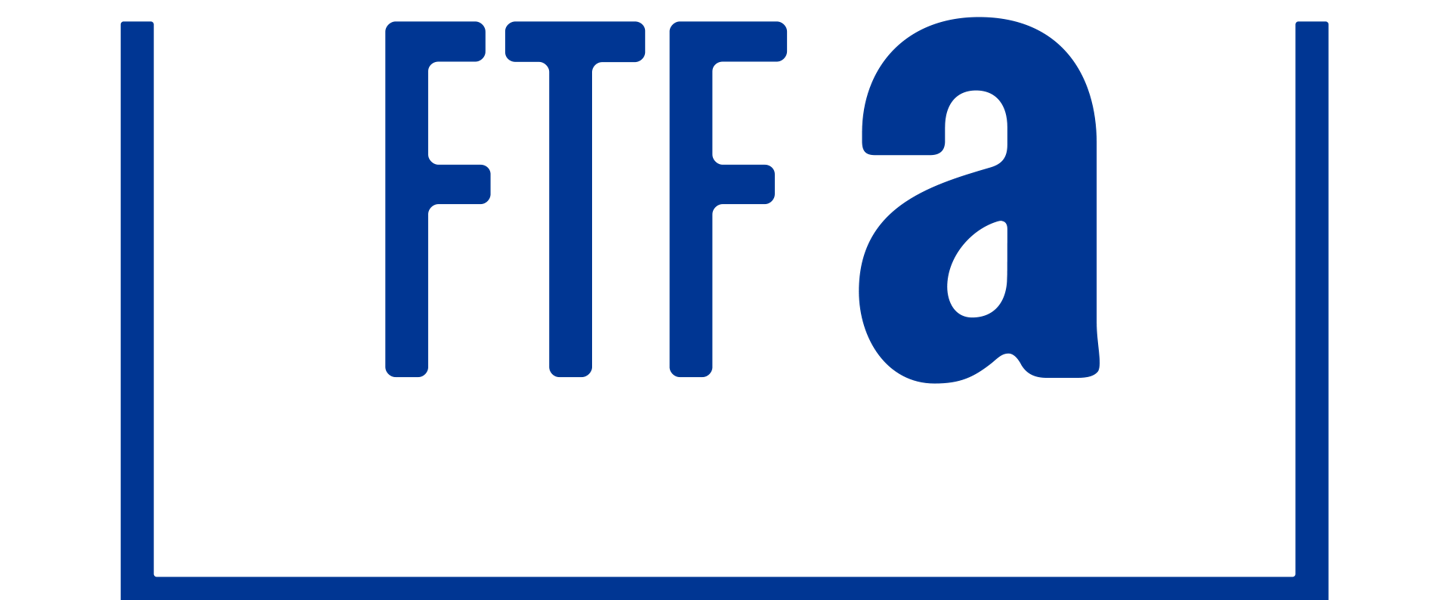YOUR CV
A GOOD CV IS A CHRONOLOGICAL CV
Employers typically spend two to three minutes reading your CV. Often they do not read on to the actual application. So our most important advice to you is to spend at least as much time targeting your CV as your application.
A good CV is targeted at the specific job you are applying for, and provides a summary of your work experience, education and training, skills, personal details and leisure interests.
If you organise your CV so that your most recent job or course is listed first, it makes it easier to gain an overview. That’s why you should write a chronological CV, and it’s especially effective if you are looking for a job in the same industry you’re coming from.
CHECKLIST FOR YOUR CV
Once you’ve written your CV, you should be able to say these four things to yourself:
1. My CV is precise, concrete and objective
2. People from outside the industry will be able to understand what I’ve done in the past
3. I have written specific experiences, and not just superficial titles or tasks
4. All of the information is targeted at the position for which I am applying
1. The CV should provide a clear summary of your experience.
2. Write about tasks and successes that are relevant to the job you are seeking.
You can include figures in budgets, or the number of times you have solved a particular task (daily, or once in your career?), etc.
3. Make use of a resumé or skills profile at the top of your CV.
Write 10-15 lines describing the skills that are most important in the job for which you are applying. Remember that there is only room here for a claim about what you can do: the evidence that you can do it is supplied by the rest of your CV.
4. Give the CV an attractive appearance.
5. Proofread it and make sure all of the names are spelled correctly.
6. Insert a lifelike and professional photo, so that the employer can put a face to your application.
